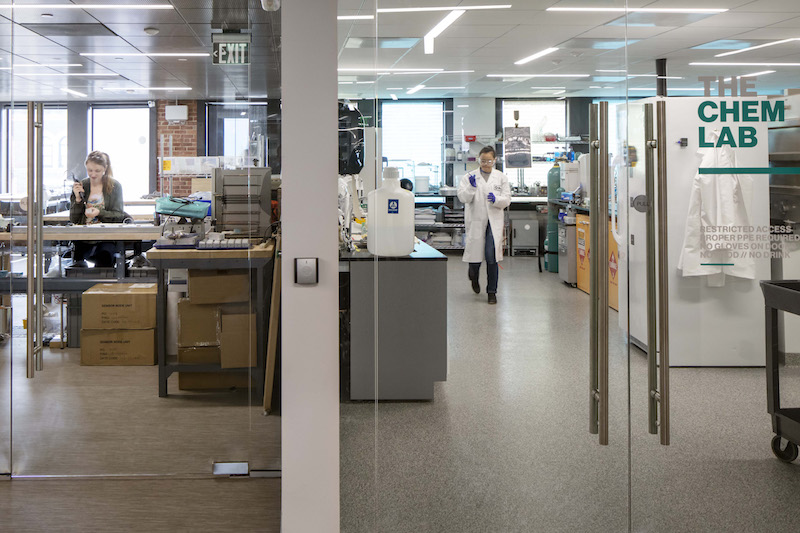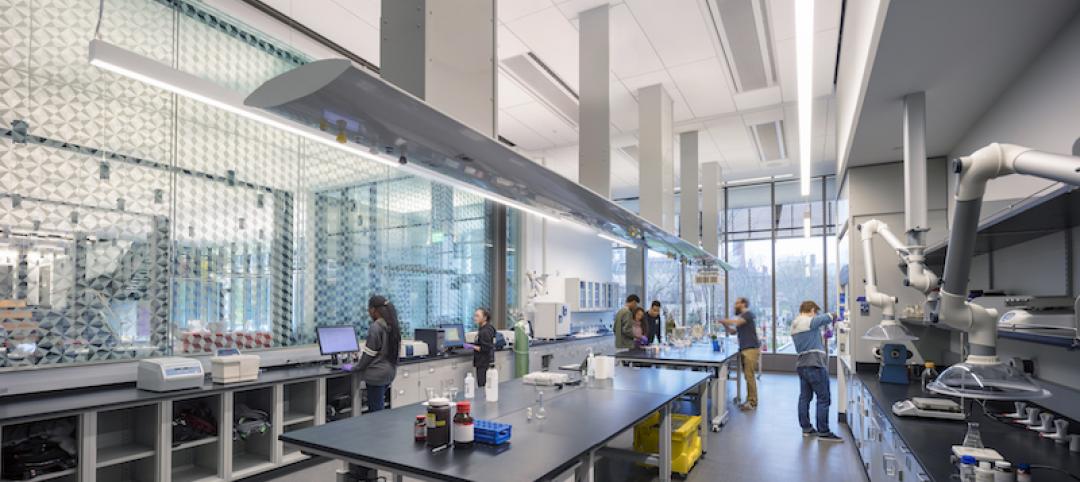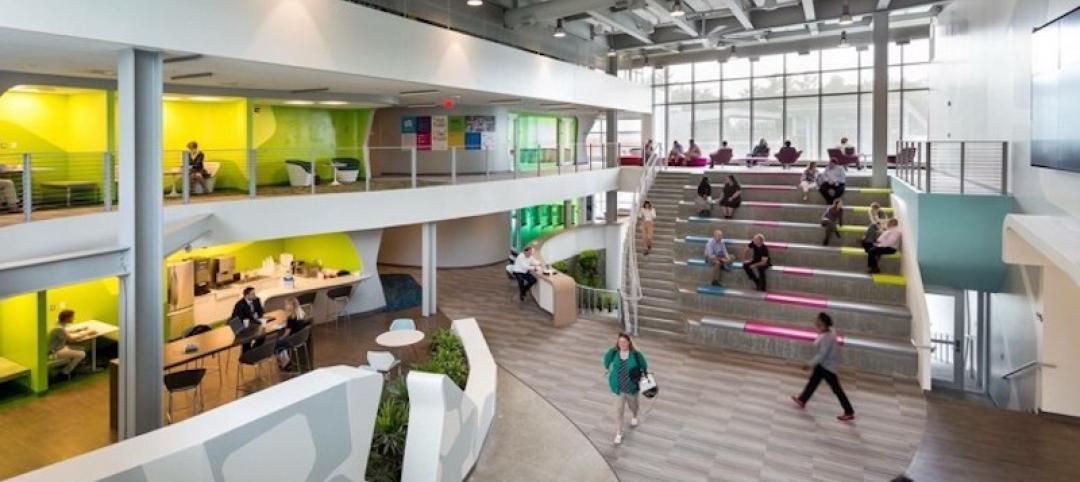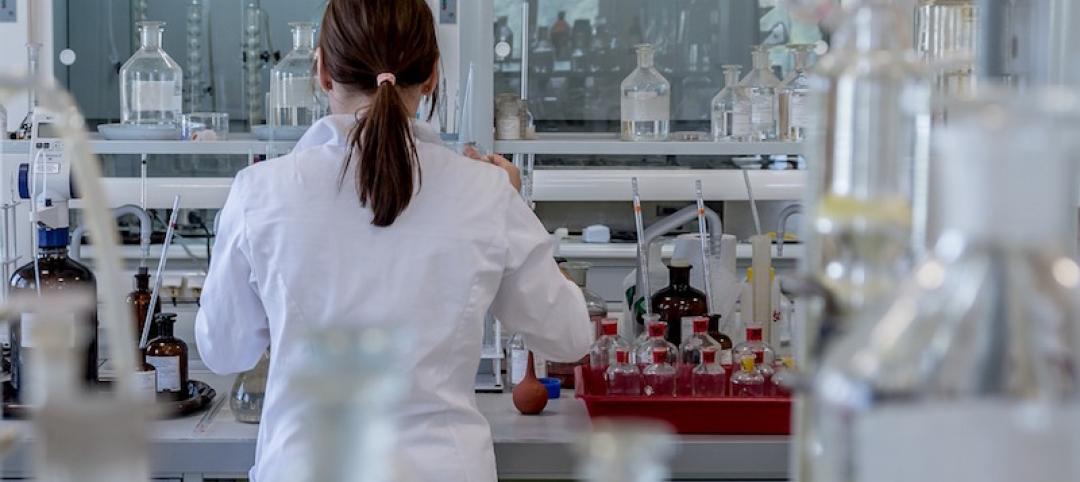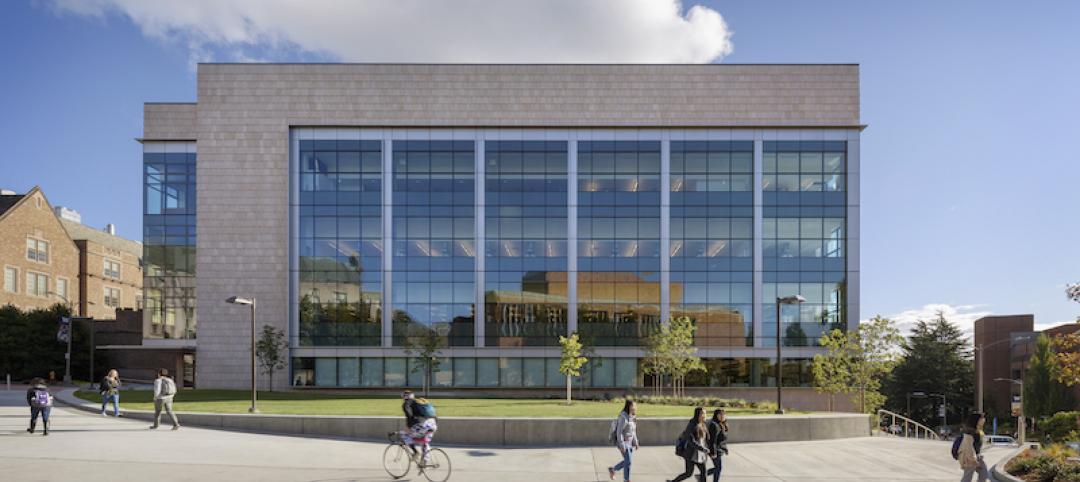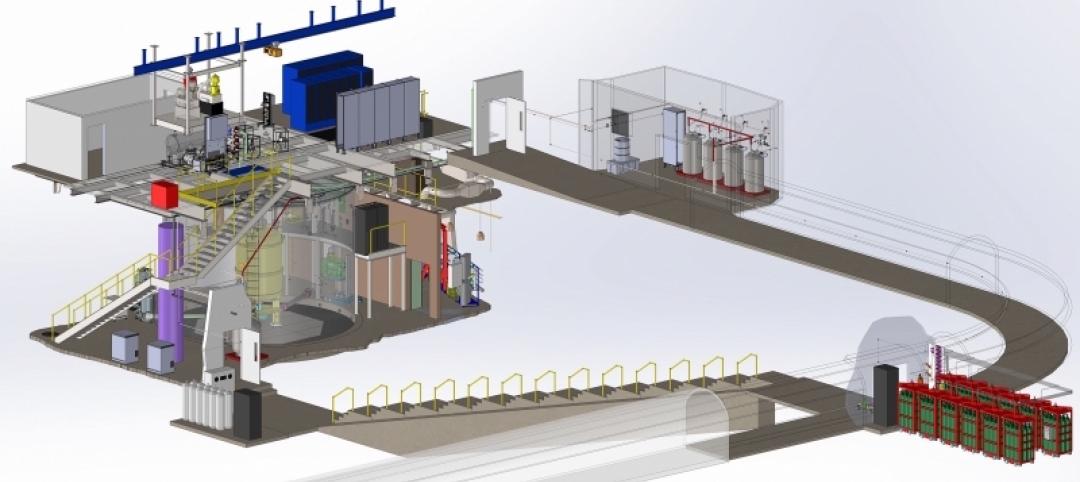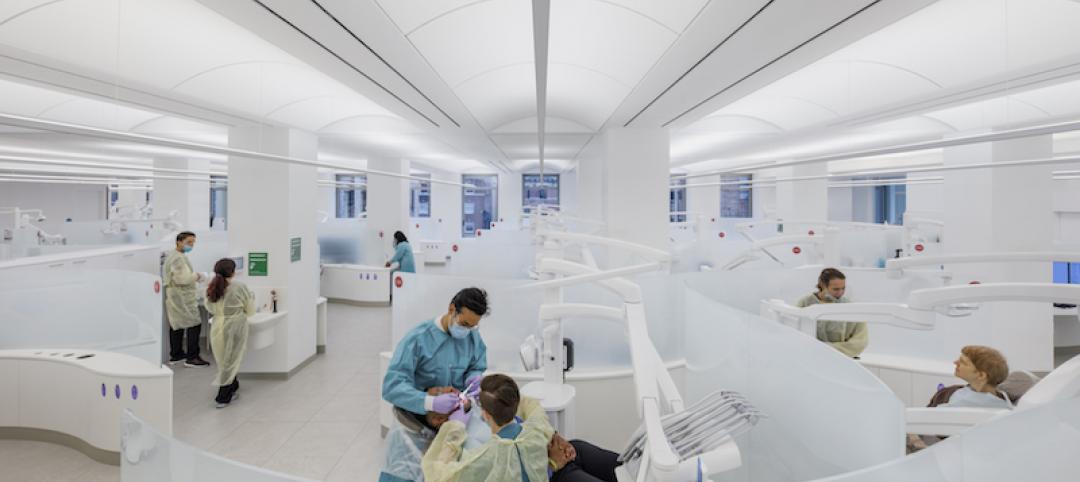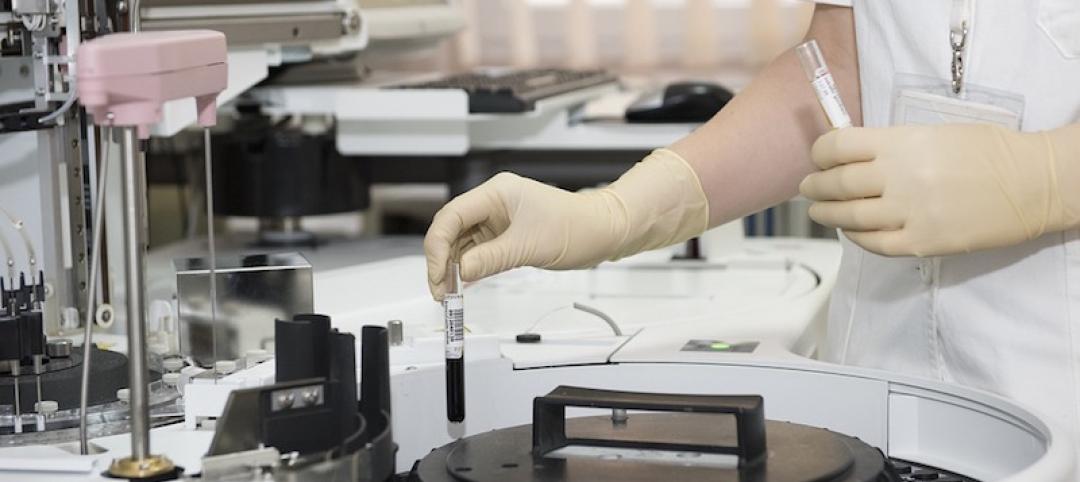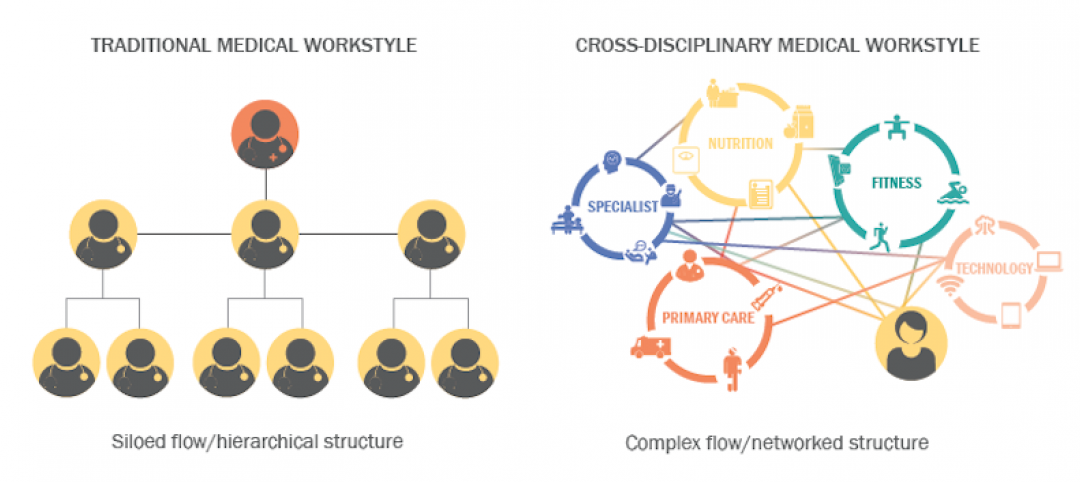Located in “the most innovative square mile on the planet” in Cambridge’s Innovation District, The Engine represents a new accelerator facility and incubator space for the Massachusetts Institute of Technology.
Designed by SGA, the 26,000-sf innovation hub will support technologies that are slow to develop and often take years to bring in revenue. These technologies will included robotics, manufacturing, medical devices, and energy. The facility will provide technical facilities, financial stability, specialized equipment, streamlined business services, connections to influential alumni, and experts in a variety of fields.
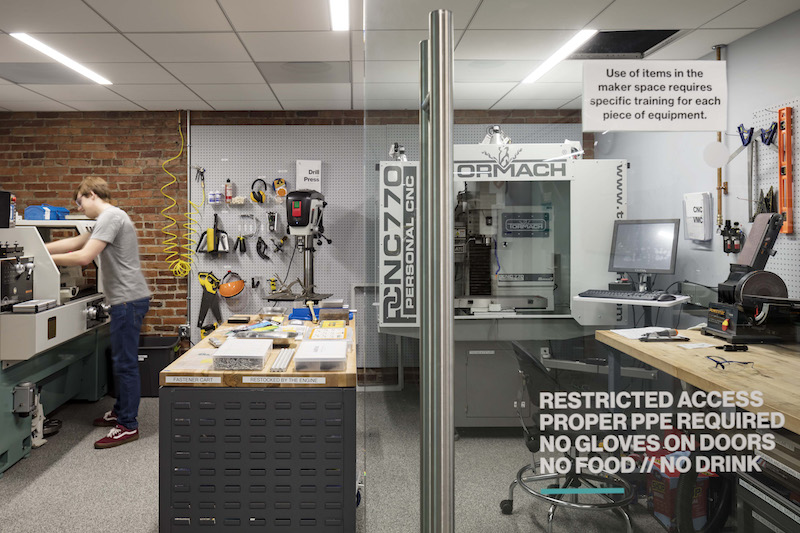
Virtual Design and Construction technology was used heavily in the design process. SGA virtually rendered The Engine’s reception, cafe, and training areas. Using this technology helped “MIT envision the space and expedite stakeholder decisions,” according to SGA Partner Adam Spagnolo.
The Engine is jointly backed by MIT and additional venture capital funding, including Massachusetts luminaries such as Robert Kraft (Owner of the New England Patriots).
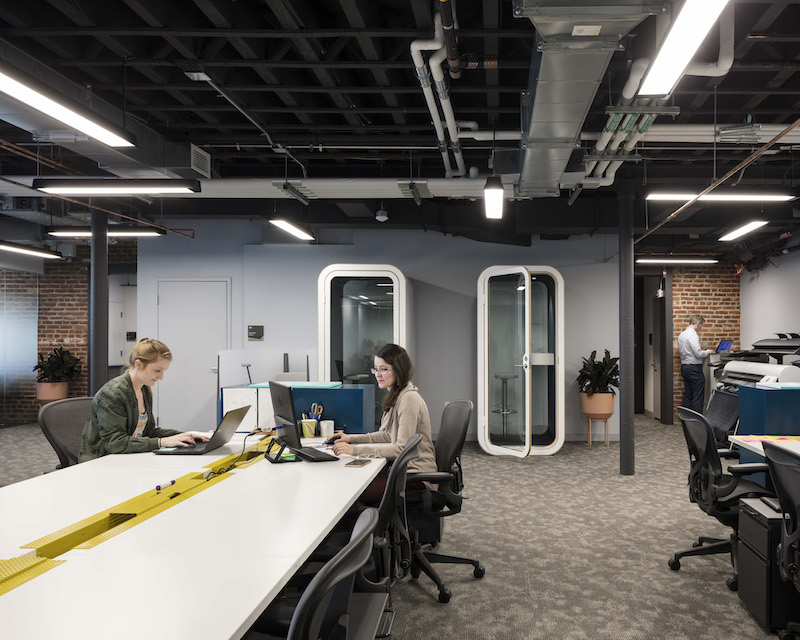
See Also: This space hotel design from MIT won NASA’s graduate design competition
Related Stories
University Buildings | Jul 5, 2018
Brown University’s Engineering Research Center increases the university’s School of Engineering lab space by 30%
KieranTimberlake designed the facility and Shawmut Design and Construction was the general contractor.
Laboratories | Jun 18, 2018
A Massachusetts research building is the first to meet WELL’s Gold standard
Design changes in lighting and HVAC systems were required to meet compliance criteria.
Laboratories | Feb 26, 2018
Three trends shaping labs of the future
It’s all about flexibility and talent for the future of life sciences.
University Buildings | Feb 16, 2018
The University of Washington receives a new Nanoengineering and Sciences Building
The building marks the second phase of a 168,000-sf complex.
Laboratories | Feb 15, 2018
Mass science: Superlab design best practices
What are superlabs? And what makes for a superbly designed superlab?
Reconstruction & Renovation | Feb 7, 2018
Renovations begin on an underground facility that is investigating the nature of dark matter
This LEO A DALY-designed project makes way to produce the world’s most sensitive detector to this point.
Healthcare Facilities | Jan 6, 2018
A new precision dental center embodies Columbia University’s latest direction for oral medicine education
The facility, which nests at “the core” of the university’s Medical Center, relies heavily on technology and big data.
Giants 400 | Dec 13, 2017
Top 45 science + technology architecture firms
HDR, HOK, and Interior Architects top BD+C’s ranking of the nation’s largest science + technology sector architecture and AE firms, as reported in the 2017 Giants 300 Report.
Healthcare Facilities | Nov 6, 2017
Design isn’t enough to foster collaboration in healthcare and research spaces
A new Perkins Eastman white paper finds limited employee interaction at NYU Winthrop Hospital, a year after it opened.
Laboratories | Sep 22, 2017
Designing for how we learn: Maker spaces and instructional laboratories
Here is how the See + Hear + Do = Remember mantra can be applied to maker spaces and instructional labs.


